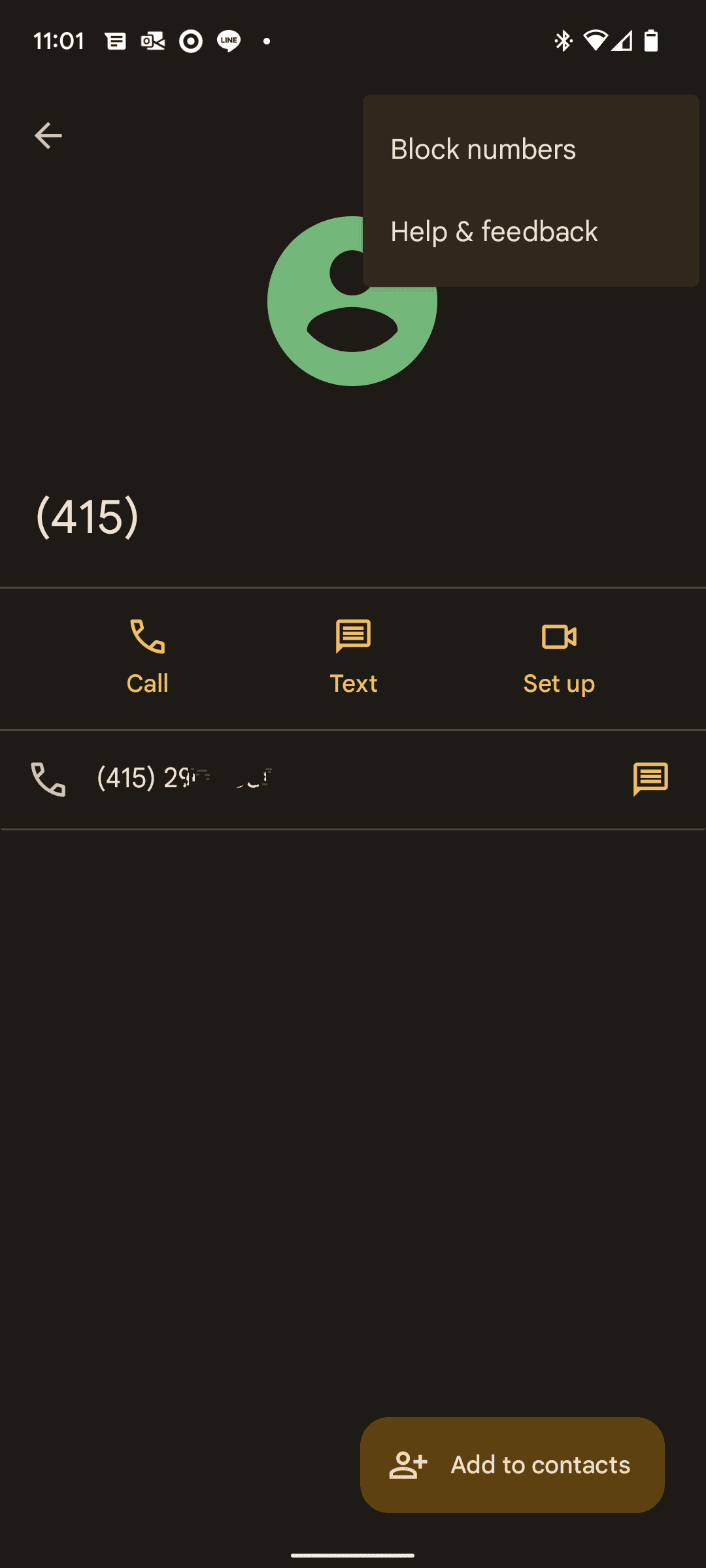How to take better and faster notes in your CRM?
%20(1).jpg)
Your Call Data in One Place
AI call notes, real-time coaching, conversation intelligence, CRM integration, and more...
You just had an intense conversation with a prospect, and now you check your notes on your CRM. You realize that they are inconsistent and missing key information.
So you fill in your notes with what you still remember, but can't help but wonder why you didn't write that down earlier!
How to take better and faster notes and ensure your CRM provides all the necessary information?
As experts in sales-based transcription, we help you speed up your note-taking process.
Why take notes in your CRM?
Notebooks are a thing of the past for salespeople. With note-taking software such as Evernote, Google Keep, or One Note, they can keep a written record of all their customer interactions on a secure interface.
But there's an even faster and more efficient way to create notes: note-taking features built into your CRM.
You might already use your CRM to share information about your prospects. Why not make it your primary way to keep notes?
You’ll see, it doesn’t get easier than that. CRM note-taking helps you to :
- Store and collect your customer data in one secure place.
- Make your notes easily accessible to all your teammates.
- Leverage the data intelligence of your CRM.
Why not just record your call, you might ask? Both are possible. But whether you're taking notes in real-time or from call recordings, you might as well save time and do it right away.
Let's take a look at how you can record key prospect data in your CRM.
5 steps to take notes efficiently in your CRM
Recording what you hear sounds easy in theory, but harder in practice.
You naturally want to give your full attention to the person you’re talking to while writing down everything they say. This is even more difficult when meeting with a high-potential prospect. It's hard to stay focused on high-stake conversations!
Here's how - in 5 steps - you can craft accurate notes on your CRM:
#1 Preparing your notes before the meeting
As you know, you’ll make a stronger impression in your sales call if you come prepared. This also applies to your note-taking. To keep your discussion with your prospect on track, you can outline its structure in your notes. Some CRMs can provide you with predefined templates. On them, you can mention elements such as :
- Questions you need to ask: what are your business issues? Which companies have you worked with before? Why are you not satisfied with your current business process?
- Information you need to know: Decision-maker names, allocated budget, and technical and operational details.
- Call-to-actions: the next meetings, steps, and deadlines.
This will prevent you from feeling like you forgot something the next day!
#2 Staying concise and synthetic
When taking notes, our first urge is to make a word-for-word transcription of the discussion. At least, we’re sure to keep everything in mind!
Yet, it’s easy to realize that’s not sustainable in the long run. Typing all the ideas that come up during a conversation into your CRM takes a lot of energy.
And that's where having a condensed and concise handwriting style matters. Here's how you can produce to-the-point notes while not leaving essential information out:
- Writing only with nouns and verbs.
- Making good use of abbreviations to save time.
- Connecting your ideas with dashes, slashes or arrows.
- Regularly breaking lines or paragraphs to emphasize subject changes.
#3 Mentioning non-verbal information
In a sales call, every little detail counts. Emotional or visual cues can hint at hidden doubts and questions that are important to catch. That's why it's a good idea to write down any observations you made during the interaction in your CRM :
Did your prospect seem skeptical when you explained the benefits of your solution? Frustrated when you mentioned the price? Interested when you talked about a specific feature?
To better read your prospect's mind, you might keep track of all these essential clues.
#4 Proofread and optimize your notes
Now that you've recorded the ins and outs of your conversation, it's time to put your notes in order. By proofreading and optimizing your notes, you’re sure to have all the information you need for the next customer call.
This is also important if you want to share your notes with your manager or coworkers who work on the same account. You can correct your spelling mistakes, add punctuation, visually structure the text and add specific details from your own memories.
If your notes are clear, then chances are your mind is too!
#5 Organize these notes neatly in the CRM
A CRM is a powerful tool to collect and leverage customer data. When used correctly, it can give you a clear view of your sales funnel.
But to achieve this, you need to know how to incorporate all the information you collect into your CRM. This means adding new customer profiles and filling in the information sheets about the company name, size, budget....
In some CRM, you can also add custom categories to streamline your data collection process. To better organize this data, you can define custom textual fields and questions such as :
- Their project
- Their pain points
- Their perceived level of interest
- Their buying horizon
- Tools and competitors already contacted
This will make it easier for you to sort out high-potential customers from those less worth prospecting.
What are the best CRMs for taking notes?
Note-taking is not as effective depending on the CRM you use. There are some CRM brands that provide more convenient note-taking features than others:
Copper
On Copper, you can customize the structure of your notes with questions and fields to fill in. You can connect this data with Google Calendar to remember essential information before and during the meeting. You can also add personal notes on each of your prospects' profiles.
HubSpot
On Hubspot, you can add notes and comments on each of your contact, company, business, or ticket cards. You can also customize these CRM cards. You can add numeric categories, attachments, and text comments.
With a single card, you have access to all the information about a deal or a prospect. You can also benefit from integration with common note-taking applications.
Zoho
Zoho allows you to go even faster. In this tool, you can add notes at every sale stage and ask your teammates about urgent matters. You can record audio notes if you don't have time to write them down. You can also make notes mandatory for each recording and define predefined templates. This way, your sales team can always find the information they need!
Noota: Automatic meeting note-taking in your CRM
Transcription experts, we have designed a tool that speeds up your sales note-taking processes. With this tool, you can generate in no time automatic notes of your customer meeting and integrate them into your CRM.
Noota provides you with several features:
- Call and screen recording.
- Transcription and automatic note-taking.
- AI-based summarizer.
- Built-in conversation intelligence software to analyze customer sentiment and optimize your sales pitch.
Looking to generate sales meeting notes instantly? Try Noota.
Your Call Data in One Place
AI call notes, real-time coaching, conversation intelligence, CRM integration, and more...
Related articles

Forget note-taking and
try Noota now
FAQ
In the first case, you can directly activate recording as soon as you join a videoconference.
In the second case, you can add a bot to your videoconference, which will record everything.
Noota also enables you to translate your files into over 30 languages.

.svg)
.svg)

.webp)

.png)


.svg)
